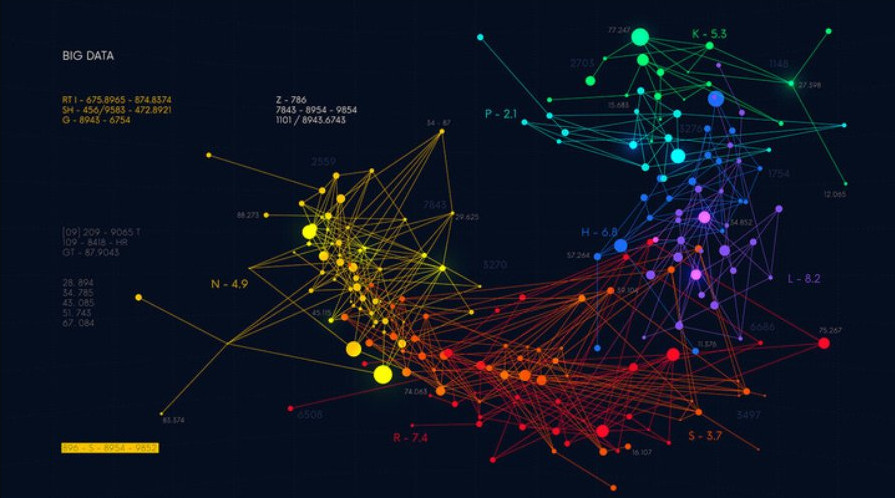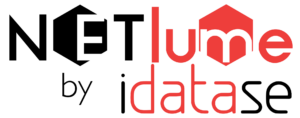
In a world grappling with the dire consequences of climate change and dwindling fossil fuel reserves, the transition to renewable energy has become an urgent imperative. Renewable energy sources such as solar, wind, water, and biomass offer a sustainable and environmentally responsible alternative. This transition is not merely a choice; it is essential for the well-being of our planet and future generations.
Renewable energy, often referred to as the cornerstone of a sustainable future, is instrumental in mitigating the adverse effects of fossil fuels. The journey towards renewable energy, however, is not without its challenges. The integration of renewable energy into our global energy matrix requires innovative solutions, and this is where the Internet of Things (IoT) comes into play.
IoT, with its ability to connect, monitor, and optimize various systems and devices, is becoming a key enabler of the renewable energy sector. In this article, we will explore the pivotal role of IoT in the renewable energy transition and how industry leaders like NetLume are at the forefront of this revolution.
The Importance of Renewable Energy:
- Energy Independence: Unlike fossil fuels, which often come from a limited number of suppliers, renewable energy sources are abundant and widely available. Harnessing sunlight, wind, water, and biomass empowers regions and countries to become energy independent.
- Environmental Sustainability: Renewable energy sources do not produce harmful emissions that contribute to climate change and air pollution. By embracing renewables, we can mitigate the negative impacts of global warming, reduce carbon footprints, and protect natural ecosystems.
- Technological Advancements: The renewable energy sector is driving innovation, fostering the development of cutting-edge technologies and solutions that benefit various industries.
- Economic and Social Benefits: Transitioning to renewable energy creates jobs, bolsters the economy, and enhances the quality of life for communities and businesses.
Role of IoT in Renewable Energy Adoption:
The integration of renewable energy into our existing energy infrastructure poses unique challenges. IoT solutions are pivotal in addressing these challenges:
- Predictive Maintenance: IoT enables continuous asset monitoring and optimization, leading to more efficient power plant maintenance and operations. Artificial intelligence (AI) algorithms anticipate and locate equipment failures, reducing maintenance costs.
- Energy Storage: Energy storage, particularly battery energy storage, is crucial in ensuring a consistent energy supply even when natural resources like sunlight and wind are intermittent. IoT systems use external data, such as weather forecasts and power consumption trends, to optimize the operation of generators and batteries.
- Smart Grids: IoT provides real-time data on energy usage and consumption patterns, allowing for better load balancing, peak demand management, and proactive issue identification within power distribution systems. This results in enhanced efficiency and reliability.
- Power Generation Efficiency: IoT solutions help optimize the efficiency of solar panels and wind turbines by monitoring factors like sunlight incidence angles and the condition of equipment. The data collected ensures that these renewable energy sources operate at their maximum potential.
Edge Computing and Smart Renewable Energy Systems:
The recent trend in renewable energy systems is the integration of edge computing. Edge computing reduces latency, making it an ideal solution for applications where rapid responses are vital. In smart grids, the architecture includes multiple layers, with the bottom layer consisting of sensors collecting data on energy resources, generation performance, and consumption. Edge computing is situated between the network and the cloud, improving the system’s resilience and flexibility.
NetLume’s Role in the Renewable Energy Revolution:
NetLume, an IoT leader, plays a pivotal role in advancing the renewable energy sector. Its All-In-One Data platform empowers organizations to model their domains and seamlessly integrate all their data. With NetLume, users can easily design their renewable energy infrastructure, connect data sources, and deploy analytics with a low-code to no-code approach. Here are some of the ways NetLume contributes to the renewable energy transition:
- Rapid Prototyping: NetLume offers a drag-and-drop approach to rapidly prototype renewable energy assets and systems, streamlining the design and deployment process.
- Real-time Monitoring: The platform provides a highly customizable map visualization for real-time network monitoring, allowing users to connect AI models to enhance data visualization.
- Custom Dashboard Design: NetLume offers a rich library of visualizations and supports automated report generation, notification, and dashboard customization.
- Lifecycle Management: NetLume simplifies the unified and automated lifecycle management of all connected solutions, making it easy to manage and maintain renewable energy assets.
- Low-Code to No-Code AI: The platform offers a comprehensive low-code to no-code interface for designing AI models and data pipelines, making it accessible to a wide range of users.
Conclusion:
The future of renewable energy and the Internet of Things are intricately connected, and their partnership is pivotal in ensuring a sustainable and environmentally responsible energy landscape. NetLume, as a leader in IoT solutions, is at the forefront of this transition, offering innovative tools and features that streamline the adoption of renewable energy and drive its integration into our global energy infrastructure. As we face the urgent need for sustainability, the synergy of renewable energy and IoT, exemplified by NetLume, is not just a beacon of hope; it is the path forward to a cleaner and brighter future.
